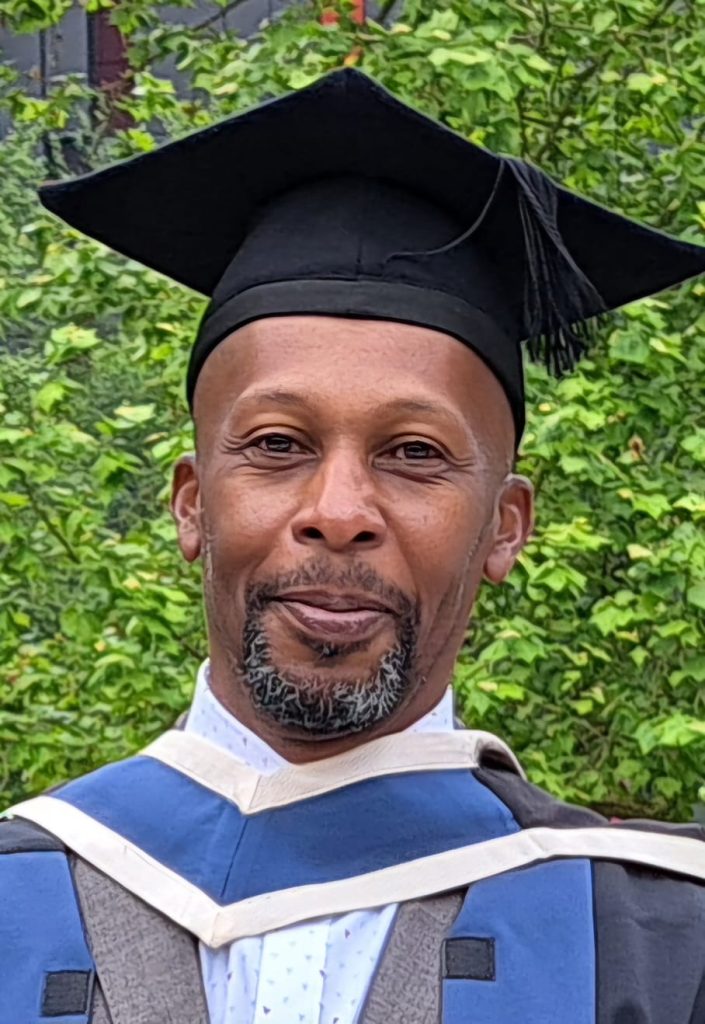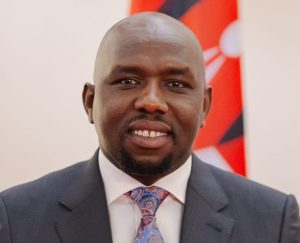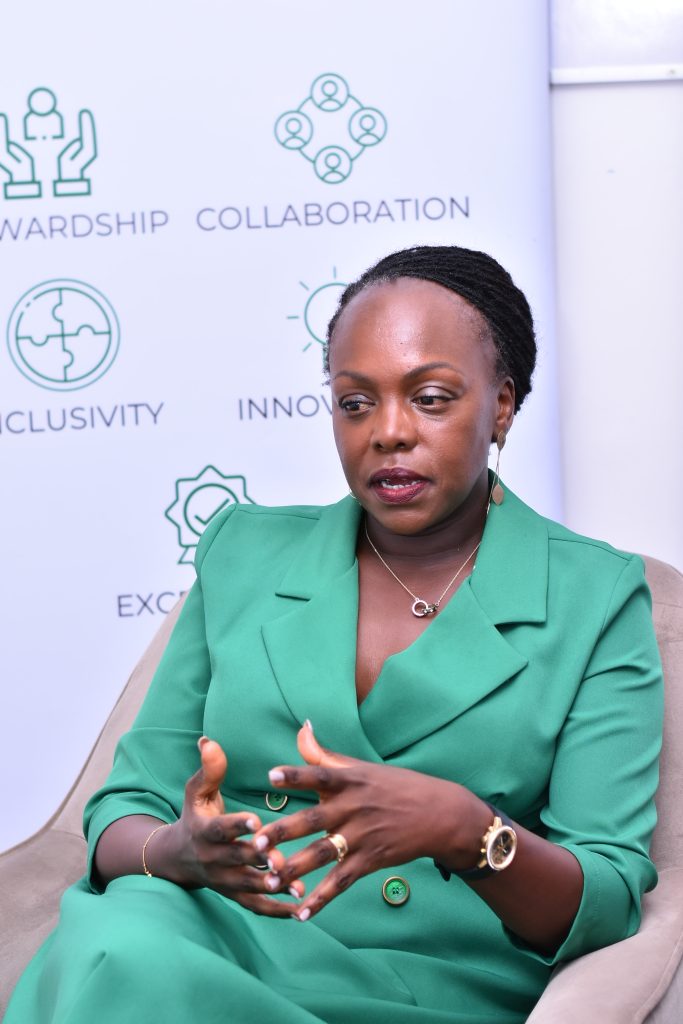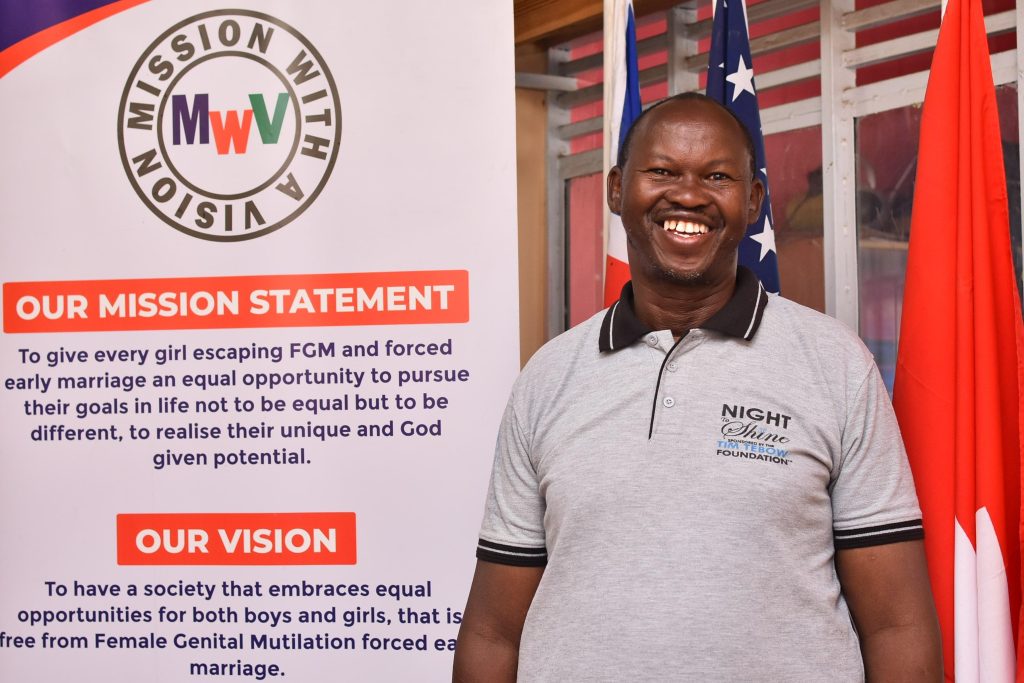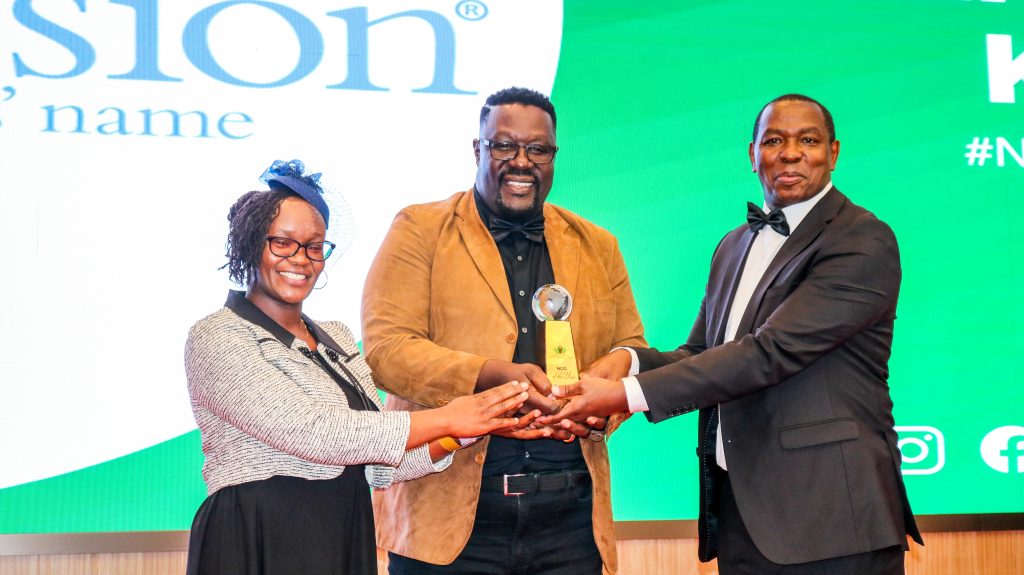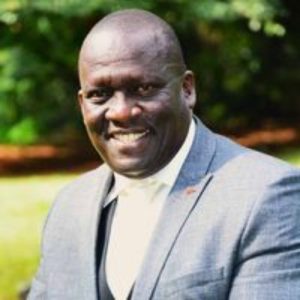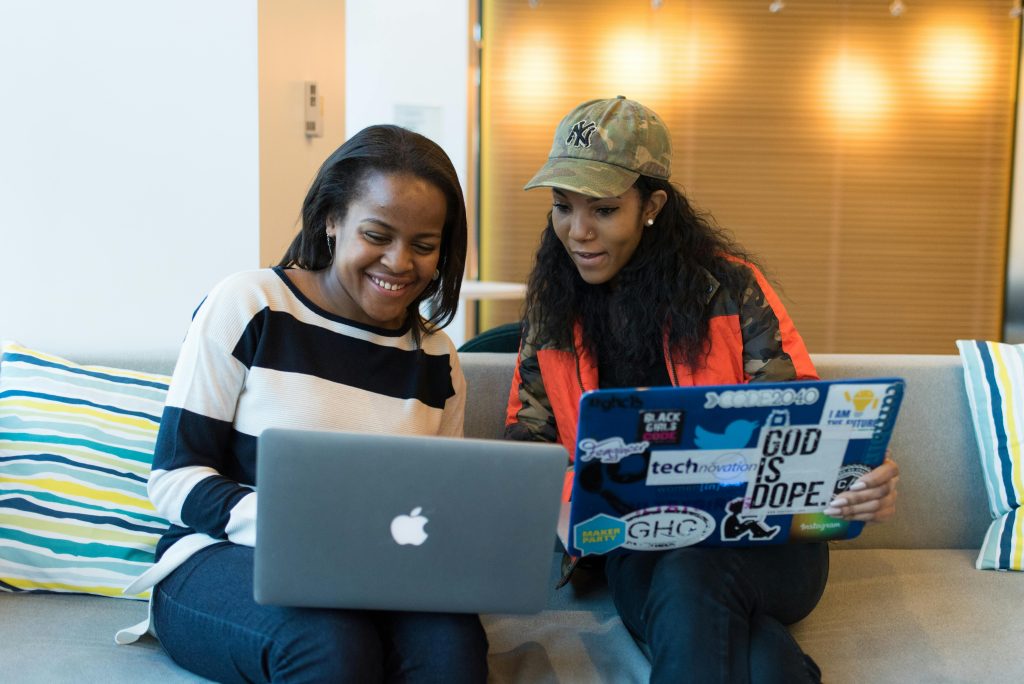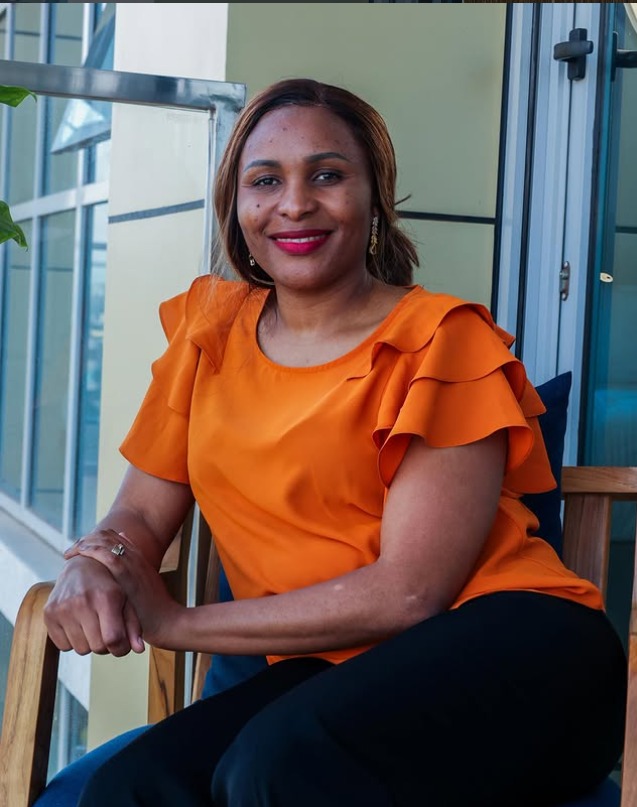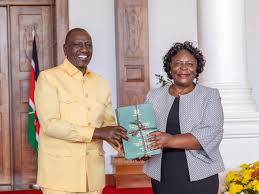By Wahome Ngatia
He came to Kenya in 2011 to work for a Scandinavian refugee focused International Non-Governmental Organization (INGO) as the Head of Support Services (The INGO’s name is not mentioned at the request of the interviewee). The organization flew him from the United Kingdom for an interview at their Nairobi office, and he clinched the job despite competition from two other international experts.
The move to Nairobi came after he had worked in several countries such as Kosovo and Angola — both countries that had experienced severe internal conflict and civil war. Originally, he didn’t see himself as a humanitarian aid worker. A qualified accountant, he had built a successful career in the corporate world.
“I started getting the feeling that there is much more to life than enjoying life in the UK. Compassion is very huge there. Charities regularly post ads on TV asking people to donate money to the less fortunate both in the UK and in other countries,” Larry recalls.
That sparked his desire to do something meaningful for humanity and help ease the suffering of the downtrodden. As a humanitarian worker, his role was to ensure that donor funds were well-utilized — a responsibility he has sharpened since his transition to the aid sector in 2000.
When he joined the Nairobi-based INGO, only three countries fell under his purview. Now the number has grown to eight. Initially, he oversaw Kenya, Ethiopia, and Somalia. Today, he manages Sudan, South Sudan, Uganda, Tanzania, and others.
His greatest motivation is empathy and compassion for refugees who need food, shelter, clothing, healthcare, and other services. The part he loves most about his job is going to the field, sitting across from refugees, and having honest conversations about whether they are being served well and to hear them describe their lived experiences.
“Talking to our beneficiaries and seeing how impactful our programs have is one of my most favorite parts of the job – however I do not get enough opportunities to do this. Interestingly, the endless meetings we have — I don’t enjoy,” he says when asked about his day-to-day work.
His work involves regular check-ins with the 25 staff members he supervises. He also holds online meetings with country offices to assess program status. The most crucial yet sensitive part of his role is reviewing budget spending. All donor funds must be accounted for accurately, with no financial discrepancies, and reporting is mandatory.
Therefore, Blackstock — Jamaican by descent but born and raised in Oxford — must always stay vigilant. To maintain integrity, the INGO uses accounting systems and software that flag questionable transactions. He also leads with a flexible approach.
“There are times where I have to micromanage and check every little detail, especially if it concerns legal and finance matters. But where things are not too sensitive or the tasks don’t demand meticulous attention, I trust the team to do their job and I check in with them later.”
Despite enjoying a successful expatriate career in Kenya’s NGO sector, he is troubled by workplace inequalities he has witnessed since he entered it in 2000. According to Larry, the biggest administrative cost in major programs is staff remuneration.
“The biggest cost is remuneration. About 75% of that amount covers international staff salaries, while 25% goes to the local workforce. The irony is that nationals are significantly more in number,” Blackstock notes.
He hopes that one day there will be equality in the workplace. In line with this vision, he is part of the an Anti-racism Initiative — a global organizational network of Black, White and Brown professionals advocating for equal pay and fair corporate policies.
This inequality also affects how African refugees are serviced compared to European refugees. European refugees receive significantly more funding per individual than African refugees. They also get easier pathways to settle in developed countries, while Black and Brown refugees are mostly resettled in developing nations.
Larry’s Convictions
“I believe the funding interruption caused by the US pulling support has forced NGOs to rethink some longstanding unequal structures and focus on what’s important,” he says.
He has recently completed a Masters in Humanitarian Action and Peacebuilding at Oxford Brookes University co-developed by UNITAR. This was in an attempt to understand better the fundamentals of the sector so that he could know where to push for change.
His convictions have led him to volunteer in various initiatives, including foundations in locations like Kibera. Larry strongly believes that NGOs should prioritize impact over using the struggles of the vulnerable to secure donor funding for organizational prestige — only to later spend significant portions of it on administration.
Instead, he encourages organizations to collaborate, co-create, and co-fund initiatives as consortiums. “Organizations will not be effective as long as they work in silos, yet they’re doing almost the same thing.”
Larry also emphasizes the need for local NGOs to direct the priorities of the sector and to be as the table when deciding the allocation of resources, which has traditionally be the role of Western agencies.

